Introduction:
Dental anxiety is a common fear many people feel when they think about going to the dentist. This fear can range from mild nervousness to extreme panic, and it can affect both your oral health and overall well-being. In this article, we’ll discuss why people feel anxious about the dentist, how it affects their health, and ways to manage it effectively.
What is Dental Anxiety?
Dental anxiety is a feeling of fear or worry that comes before visiting the dentist. It can happen for different reasons, including:
- Fear of Pain: A major reason for dental anxiety is the fear of pain. People who have had painful experiences in the past or have heard bad stories from others may feel scared.
- Fear of Losing Control: Some people feel anxious because they don’t like the idea of not being in control while sitting in the dentist’s chair.
- Embarrassment: People might feel embarrassed about the condition of their teeth or gums. They worry about being judged by the dentist or staff.
- Fear of Tools: Seeing or hearing dental tools, like drills or needles, can make some people feel anxious.
- Negative Past Experiences: A bad experience at the dentist, like discomfort or rude behavior, can lead to lasting anxiety.
How Dental Anxiety Affects You?
Dental anxiety can have a big impact on your health and everyday life:
- Avoiding Dental Care: People who are anxious about the dentist may avoid going for check-ups, which can lead to poor oral hygiene and problems like cavities or gum disease.
- Worse Dental Health: If you avoid necessary treatments, your dental problems can get worse, leading to more complicated and expensive procedures later.
- Mental and Emotional Stress: Dental anxiety can cause stress and discomfort. It can affect your mental health and self-confidence, and sometimes lead to avoiding social situations because of concerns about your teeth.
- Physical Symptoms: In severe cases, dental anxiety can cause physical symptoms like a fast heartbeat, sweating, shaking, or even feeling sick.
Ways to Handle Dental Anxiety:
there are several ways to manage and reduce dental anxiety:
- Talk to Your Dentist: Let your dentist know about your fears. Dentists are trained to provide gentle care, and they can make adjustments to help you feel more comfortable.
- Use Relaxation Techniques: Techniques like deep breathing or meditation before and during your appointment can help lower anxiety.
- Distraction: Bringing headphones to listen to music or an audiobook during your appointment can help distract you from the procedure.
- Gradual Exposure: You can slowly get used to the dental office by taking small steps. For example, start by visiting the office without getting any treatment, and work your way up to getting care.
- Sedation Dentistry: If your anxiety is very strong, your dentist may suggest sedation options like nitrous oxide (laughing gas) or oral sedatives to help you relax during the treatment.
Conclusion:
Dental anxiety is something many people experience, but it doesn’t have to stop you from taking care of your teeth. By understanding what causes your anxiety and using simple coping methods, you can overcome your fear and maintain a healthy smile. Dentists are there to help, so don’t hesitate to talk about your concerns and get the support you need.
FAQs:
1.What causes dental anxiety?
Dental anxiety can be caused by fear of pain, loss of control, embarrassment, or bad past experiences at the dentist.
2.How can I calm my anxiety before a dentist appointment?
Try relaxation techniques like deep breathing, meditation, or listening to music. You can also talk to your dentist about your fears.
3.What is sedation dentistry?
Sedation dentistry uses medication to help you relax during dental procedures. This can include nitrous oxide (laughing gas) or oral sedatives.
4.Is dental anxiety common?
Dental anxiety is very common. Many people feel nervous or scared about going to the dentist, but there are ways to manage it.
5.Can avoiding the dentist make dental problems worse?
Avoiding the dentist can lead to untreated dental issues like cavities or gum disease, which may require more serious treatments later.

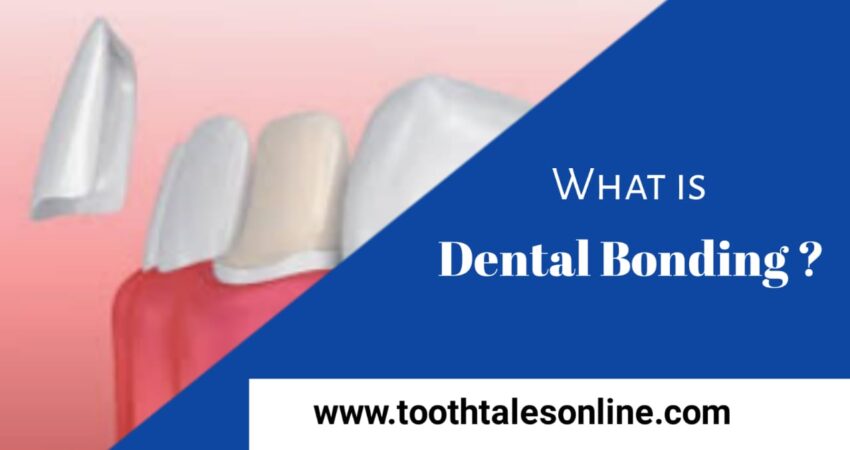

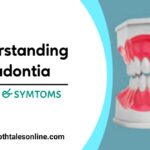
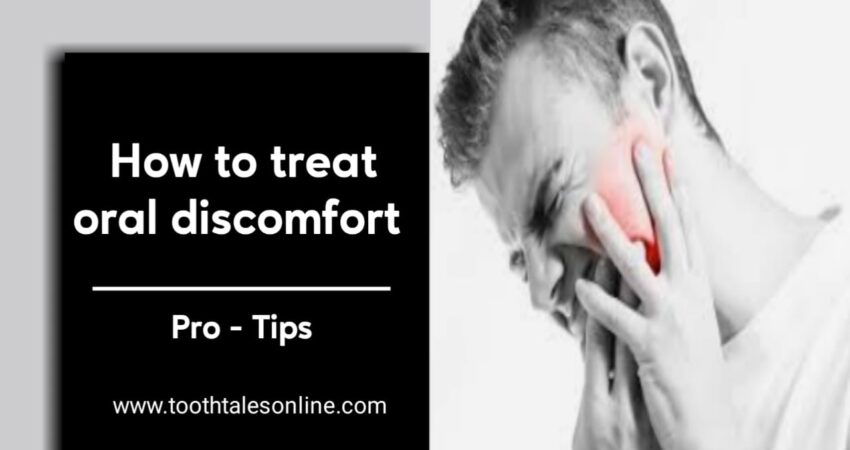




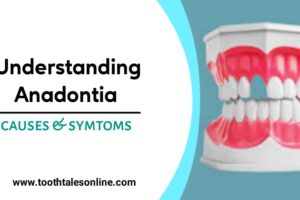
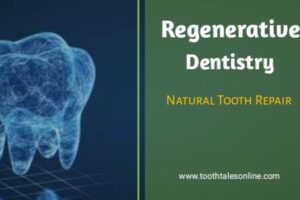











Add Comment